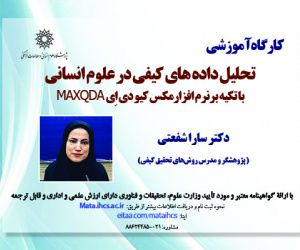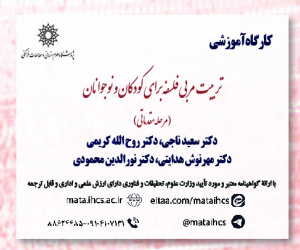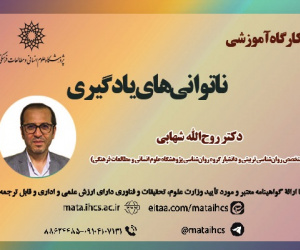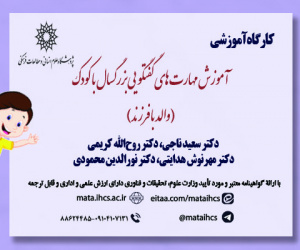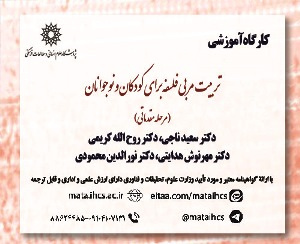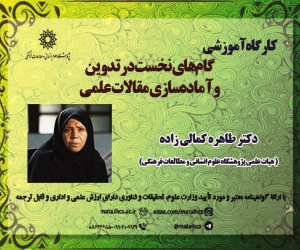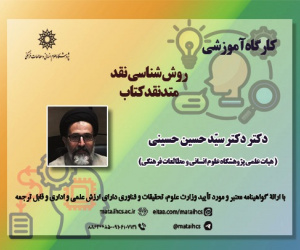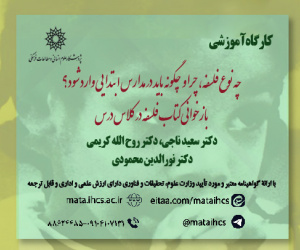مقایسه ادراک از نحوه فرزندپروری، طرحواره های ناسازگار اولیه و هوش معنوی در دختران با و بدون والدین مطلقه (مقاله علمی وزارت علوم)
درجه علمی: نشریه علمی (وزارت علوم)
آرشیو
چکیده
مقدمه: خانواده کوچکترین واحد اجتماعی است ثبات یا ناپایداری آن بر اعضای خانواده و جامعه اثر می گذارد. هدف پژوهش حاضر، مقایسه ادراک از نحوه فرزندپروری، طرحواره های ناسازگار اولیه و هوش معنوی در دختران با و بدون والدین مطلقه شهر گرگان بود. روش: این مطالعه، یک پژوهش توصیفی از نوع علّی_مقایسه ای بود. جامعه آماری کلیه دانش آموزان دختر دوره دوم متوسطه شهر گرگان در سال تحصیلی 1402-1401 بودند. تعداد 150 دانش آموز (75 دانش آموز با والدین مطلقه و 75 دانش آموز دیگر) با روش نمونه گیری هدفمند انتخاب شدند. ابزارهای پژوهش پرسشنامه های ادراک از نحوه فرزندپروری بامریند (1972)، طرحواره های ناسازگار اولیه یانگ (1998) و هوش معنوی کینگ (2008) بود. جهت تجزیه و تحلیل داده ها از روش آماری تحلیل واریانس چندمتغیری و نرم افزار SPSS نسخه 24 استفاده شد. یافته ها: نتایج نشان داد که بین دختران با و بدون والدین مطلقه از لحاظ ادراک از نحوه فرزندپروری، طرحواره های ناسازگار اولیه و هوش معنوی تفاوت معناداری وجود دارد (05/0>P). نتیجه گیری: بر اساس یافته های پژوهش می توان نتیجه گرفت که دانش آموزان با والدین مطلقه در طرحواره های حوزه بریدگی و طرد، محدودیت های مختل و گوش به زنگی مفرط؛ سبک فرزندپروری سهل گیرانه و مستبدانه و هوش معنوی کمتری نسبت به سایر دانش آموزان داشتند و توجه به اصلاح آنها بایستی مدنظر متخصصین روان درمانی قرارگیرد.Comparison of Perceptions of Parenting Style, Early Maladaptive Schemas and Spiritual Intelligence in Girls with and Without Divorced Parents
Introduction: Family is the smallest social unit, its stability or instability affects family members and society. The purpose of this research was to compare the perception of parenting style, early maladaptive schemas and spiritual intelligence in girls with and without divorced parents in Gorgan city. Method: This study was a causal-comparative descriptive research. The socio-statistics were all female students of the second year of secondary school in Gorgan in the academic year 2022-2023. 150 students (75 students with divorced parents and 75 other students) were selected by purposive sampling method. The research tools were Baumrind's (1972) parenting perception questionnaires, Yang's (1998) early maladaptive schemas, and King's spiritual intelligence (2008). To analyze the data, the statistical method of multivariate variance analysis and SPSS version 24 software were used. Findings: The results showed that there is a significant difference between girls with and without divorced parents in terms of perception of parenting style, primary incompatible schemas and spiritual intelligence (P<0.05). Conclusion: Based on the findings of the research, it can be concluded that students with divorced parents in the schemas of cut and rejection, impaired limits and listening to excessive noise; They had permissive and authoritarian parenting style and less spiritual intelligence than other students, and attention to their correction should be taken into consideration by psychotherapy specialists.

